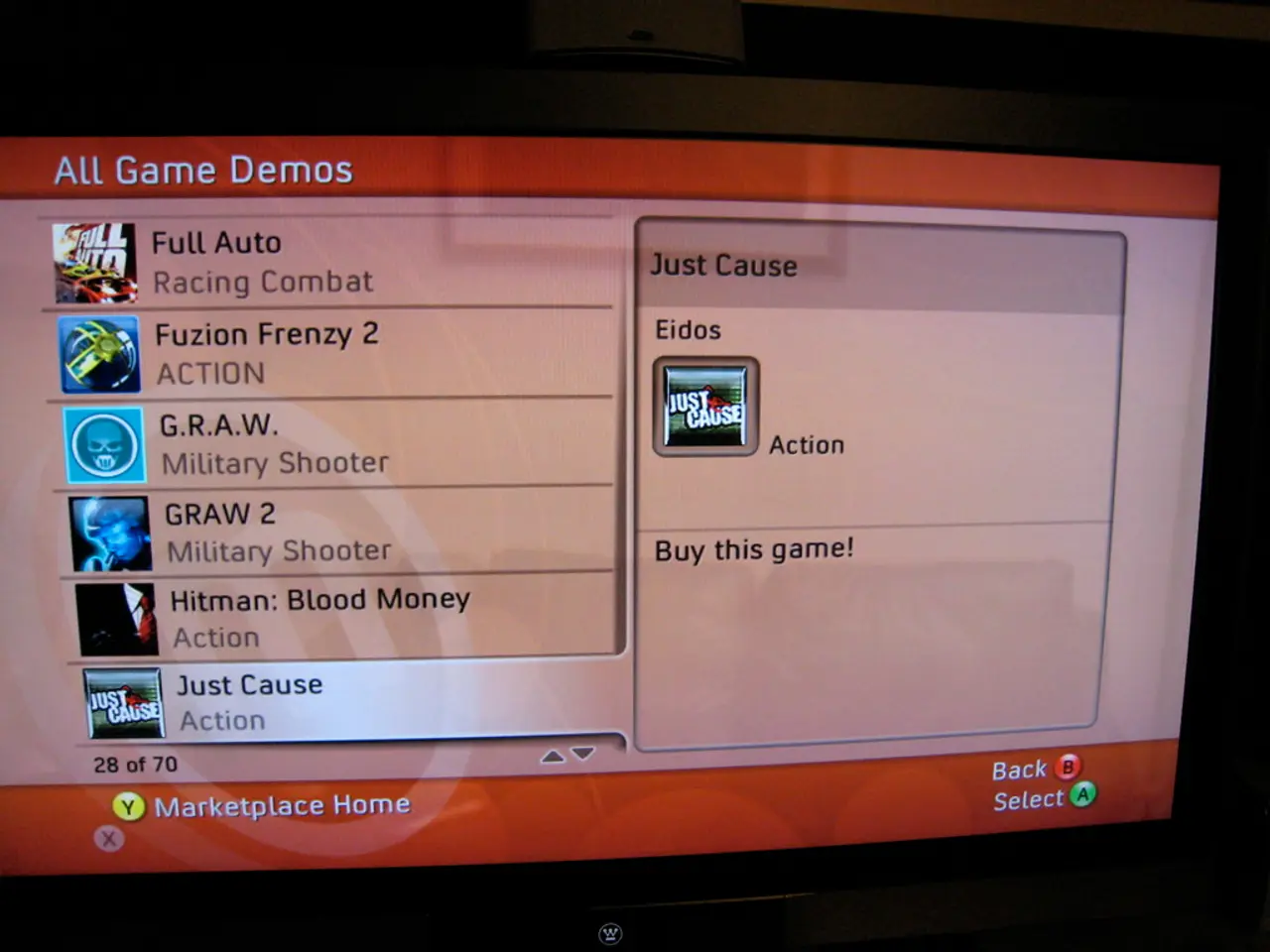The potential impact of geographically tailored video game editions on the industry, as suggested by Virtuos.
In the ever-evolving world of video games, a new trend is gaining traction - the development of region-specific versions. Gilles Langourieux, CEO of Virtuos, has championed this approach as a strategy to enhance player experiences and boost the industry's fortunes.
This strategy allows game elements such as storylines, art styles, and gameplay mechanics to be customised to local tastes and cultural norms, thereby making games more engaging and meaningful for players in different regions. By addressing regional preferences and taboos, developers can attract larger audiences, as demonstrated by Asian developers like Garena and Nexon who have successfully leveraged this approach.
Langourieux emphasises the need for agile development, which region-specific versions can support by allowing teams to adjust production timelines and resources according to market needs. Distributed and remote development further enables flexible scaling of workforce as projects evolve.
However, this approach comes with potential risks. Creating multiple regional versions requires additional resources for research, design, localization, and quality assurance, which can strain budgets and timelines. Managing multiple modified versions across different markets may introduce organisational complexity, especially in ensuring consistency, quality, and timely updates.
Region-specific versions could segment the player base, making it difficult to build a unified global community and potentially complicating multiplayer or social features. Adapting content for local markets risks cultural missteps or oversimplification, which could alienate players or damage a brand’s reputation if not handled sensitively.
Successful implementation will depend on careful planning, cultural expertise, and agile project management. Langourieux's focus is mainly on big budget live service games, with examples of live service practices creeping back into single-player offline games. Instances such as Nier Replicant's international version Nier Gestalt, and localized versions of games like World of Warcraft or Tokyo Mirage SessionsTM #FE, which see changes in character costumes or dialogue based on local cultural standards, are testament to this trend.
As we move towards 2025, "Regionalism" is a significant trend in the game industry. The growing PC and mobile install base in newer economies like Southeast Asia and South America presents opportunities to customise content. The flexibility of digital assets and downloadable updates gives the game industry more agency in globalisation than other popular mediums.
However, the main remaining question is whether this practice can benefit developers not chasing recurring revenue in the live service business. Langourieux advocates for shorter production timelines, similar to the movie and television industries, to cater to this need.
The idea is not without controversy, as it could potentially lead to pandering or compromises that favour authoritarian regimes. Nonetheless, the benefits of region-specific game versions in terms of engagement, market reach, and development flexibility make it an intriguing prospect for the future of the gaming industry.
- The strategy of developing region-specific versions in the gaming industry could potentially harness the power of artificial-intelligence, enabling more personalized game experiences based on local tastes and cultural norms.
- As we continue to advance in technology and gadgets, the use of artificial-intelligence in game development might become essential for creating precisely tailored region-specific versions that engage audiences effectively while navigating various cultural complexities and market preferences.




